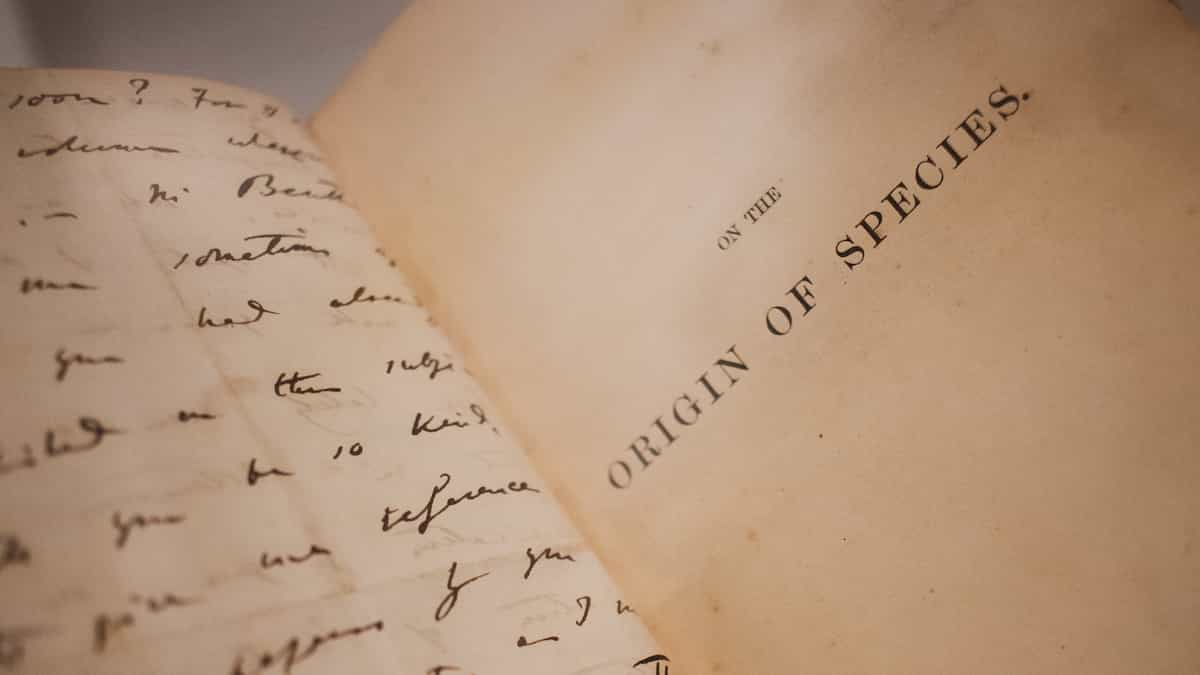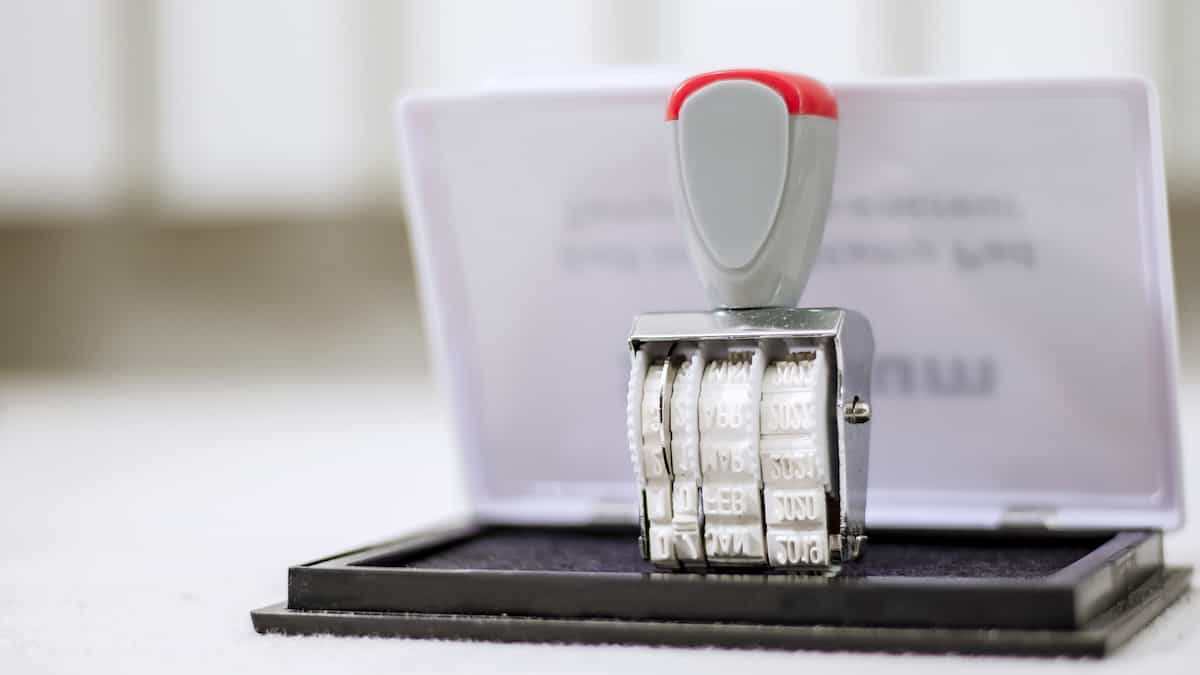Opinion Essay Questions in IELTS Writing Task 2
Learn how to answer Opinion essay questions in IELTS writing Task 2 with an overview, recommended approach and practice question.
by Tim Martyn

Overview
Opinion essay questions are a common question type in IELTS writing Task 2. You’ll be presented with a statement or opinion and be asked the extent to which you agree or disagree.
Here are some key points about Opinion essay questions:
- You should spend no more than 40 minutes on the task.
- You should write at least 250 words – you’ll be penalised if your answer is too short.
- Task 2 is worth two thirds of your total writing mark; Task 1 is worth one third.
- You must write in full sentences, not bullet points or note form.
Example question
Here’s an example Opinion essay question.
Write about the following topic:
Governments should provide everyone with free healthcare.
To what extent do you agree or disagree with this opinion?
Give reasons for your answer and include any relevant examples from your own knowledge or experience.
Recommended approach
Here’s my recommended approach for answering Opinion essay questions. We’ll use the example question to go through the steps you need to take.
IMPORTANT:
The overall approach is the same for all Task 2 question types (i.e. discussion, opinion, advantages–disadvantages and two-part essay questions).
This is important because, on test day, you could get a question that doesn’t fall neatly into any of these categories. However, if you learn and practise applying the overall approach, you should be able to respond flexibly to any question you’re presented with.
Also, while I generally recommend writing 4-paragraph essays, there are other structures you can use to write an effective essay.
Step 1 > Analyse the question
The first step is to analyse the question. This is crucial – if you don’t take the time to analyse the question properly, you may misunderstand what it’s asking you or fail to respond to key parts of the question.
Here’s our question prompt again.
Write about the following topic:
Governments should provide everyone with free healthcare.
To what extent do you agree or disagree with this opinion?
Give reasons for your answer and include any relevant examples from your own knowledge or experience.
You can see that we’ve been presented with a fairly straightforward opinion (i.e. that governments should provide everyone with free healthcare), and we’re being asked the extent to which we agree or disagree.
IMPORTANT:
Opinion essay questions are sometimes worded differently, but what they have in common is that they ask you to choose a position. Here are some common variations:
Do you agree or disagree?
Do you think this is a positive or a negative development?
Step 2 > Think of ideas
Once you fully understand the question and what you’re required to do, the next step is to spend a few minutes thinking of ideas for your essay.
Don’t try to brainstorm as many ideas as you can – all you need is a few good ideas. If you’re having trouble coming up with ideas, try asking yourself these questions:
- What are the most obvious ideas?
- If you asked 100 people for their ideas, what do you think most of them would say?
For Opinion essay questions, you need to think of two reasons why you agree or two reasons why you disagree. Notice that the question asks To what extent you agree or disagree. This makes it perfectly acceptable to choose a middle position (i.e. partly agree and partly disagree), but this makes the essay much harder to write, so I recommend just choosing one side. Choose the side that you can think of the clearest arguments for.
Step 3 > Make a plan
Once you’ve thought of some ideas, it’s time to make a plan. I’d recommend that you spend about 5 minutes on your plan. It doesn’t need to be very detailed, but it’s important to think about what examples you’ll use and how you’ll explain your points. If you think of these things in advance, you’ll be able to connect your ideas more effectively when you’re writing your essay.
Don’t try to write in full sentences – you can use symbols and abbreviations. The important thing is just to get your ideas down on paper.
The plan for this essay might look something like this.
| Intro. | completely agree: makes society more equal + improves health outcomes |
| Body 1 | creates more social equality – without universal healthcare (e.g. USA), poorer people don’t seek medical care because of cost = unequal society – but with free healthcare, people get equal access incl. vulnerable ppl., good because basic human right |
| Body 2 | improves health of general population – when ppl. need to pay, delay treatment or don’t get treated at all – but when free, people willing to make appointments, helps find chronic diseases – health of population improves + reduces cost of healthcare system over time |
| Concl. | strongly believe it should be free – more equality in society + better health outcomes |
Step 4 > Write the introduction
Now that you’ve thought of ideas for your essay and made a plan, it’s time to write the introduction.
IELTS doesn’t specify what you need to include in your introduction, but for Opinion essay questions, I recommend that you include:
- a paraphrase of the statement or opinion given in the question;
- a statement about whether you agree or disagree, including an outline of your reasons.
Let’s look at each of these parts one by one.
1. A paraphrase of the statement or opinion given in the question
An easy and effective way to start your introduction is to paraphrase the statement or opinion given in the question. At this stage, don’t state whether you agree or disagree – we’ll do that in the second part of the introduction.
Keep in mind that you mustn’t copy the exact wording used in the question. Instead, you need to use synonyms and other forms of paraphrasing. You won’t be able find synonyms for everything. In fact, some words shouldn’t be replaced because doing so would change the meaning.
Our paraphrase could be something like this: Some people argue that governments should be responsible for covering their citizens’ healthcare costs.
2. A statement about whether you agree or disagree, including an outline of your reasons
In the second part of the introduction, you should clearly state whether you agree or disagree and give your two reasons for holding this view. You can usually do this in a single sentence. Remember that the question is asking for your opinion, so don’t be afraid to use personal language such as I agree or I think. An easy way to introduce your reasons is to use because.
For our question, we could write something like this: I wholeheartedly agree with this view because free healthcare makes society more equal and improves health outcomes.
If we put the two parts of the introduction together, this is what we have.
Some people argue that governments should be responsible for covering their citizens’ healthcare costs. I wholeheartedly agree with this view because free healthcare makes society more equal and improves health outcomes.
Step 5 > Write the body paragraphs
The next step is to write the body paragraphs. The first body paragraph should be about your first reason and the second body paragraph should be about your second reason. Begin each paragraph with a topic sentence that clearly states the reason that is the focus of that paragraph.
Here are some possible body paragraphs for our example.
Some people argue that governments should be responsible for covering their citizens’ healthcare costs. I wholeheartedly agree with this view because free healthcare makes society more equal and improves health outcomes.
First of all, universal healthcare creates more social equality. In countries without universal healthcare, such as the United States, people from low socioeconomic backgrounds often avoid seeking medical care due to the prohibitive costs involved. This makes society unequal. However, when financial barriers to healthcare services are removed, individuals gain equal access to quality healthcare regardless of their financial status. This ensures that the most vulnerable members of society are able to receive essential medical attention and preventive care, which is a basic human right.
Free healthcare also improves the health of the general population. When people, particularly those from disadvantaged backgrounds, have to pay for healthcare services, they are more likely to delay treatment or not seek treatment at all. In contrast, when healthcare is provided free by governments, people are more willing to make appointments with their doctor. These appointments may uncover the existence of health conditions such as diabetes and heart disease, which can then be properly treated by the doctor. By enabling the early detection of such chronic conditions through free healthcare, governments improve the general health of their citizens, which can even lower the costs of the healthcare system over time as fewer and fewer people require ongoing care for chronic conditions.
Step 6 > Write the conclusion
The next step is to write the conclusion. All you need to do here is restate your opinion and your two reasons. Don’t just copy the words you used in other parts of the essay – use synonyms and paraphrasing as much as you can. Start your conclusion with In conclusion or To conclude.
Here’s a possible conclusion for our example.
Some people argue that governments should be responsible for covering their citizens’ healthcare costs. I wholeheartedly agree with this view because free healthcare makes society more equal and improves health outcomes.
First of all, universal healthcare creates more social equality. In countries without universal healthcare, such as the United States, people from low socioeconomic backgrounds often avoid seeking medical care due to the prohibitive costs involved. This makes society unequal. However, when financial barriers to healthcare services are removed, individuals gain equal access to quality healthcare regardless of their financial status. This ensures that the most vulnerable members of society are able to receive essential medical attention and preventive care, which is a basic human right.
Free healthcare also improves the health of the general population. When people, particularly those from disadvantaged backgrounds, have to pay for healthcare services, they are more likely to delay treatment or not seek treatment at all. In contrast, when healthcare is provided free by governments, people are more willing to make appointments with their doctor. These appointments may uncover the existence of health conditions such as diabetes and heart disease, which can then be properly treated by the doctor. By enabling the early detection of such chronic conditions through free healthcare, governments improve the general health of their citizens, which can even lower the costs of the healthcare system over time as fewer and fewer people require ongoing care for chronic conditions.
In conclusion, I strongly believe that governments should ensure that all of their citizens have access to free healthcare. It creates more equality in society and leads to better health outcomes at the population level.
Step 7 > Check your work
The final step is to check your work. At this stage, you won’t have time to make any major changes, but it’s still an important step.
Things to check for:
- whether you’ve used an adequate range of grammar and vocabulary;
- spelling;
- your word count.
Practice question
Now it’s your turn to practise. Try the Opinion essay question below using the approach outlined above.
Write about the following topic:
There should be a special tax on sugary drinks to make them more expensive and discourage people from consuming them.
To what extent do you agree or disagree with this opinion?
Give reasons for your answer and include any relevant examples from your own knowledge or experience.
Feedback
Click below for a sample answer.
Some people believe that sugary drinks should be subject to a special tax in order to reduce their consumption. I agree with this approach because it would improve health outcomes and generate additional revenue, which could then be spent on health-related initiatives.
Firstly, implementing a special tax on sugary drinks would benefit the health of the general population. High sugar intake from these drinks has been unequivocally linked to health issues such as obesity, type 2 diabetes and dental problems. By raising the cost of these beverages through taxation, consumption and therefore sugar intake would decrease. Over time, this reduced consumption would lower the prevalence of chronic health conditions in the population. This would of course benefit individuals, but it would also gradually reduce the cost of the healthcare system as fewer and fewer people would require ongoing care for such conditions.
Not only would a special tax on sugary drinks lead to health benefits at the individual and population levels, but it would also generate additional revenue for the government. This newfound revenue could be used for a range purposes, including to upgrade hospital facilities and improve healthcare systems more generally. It could also be used to fund health promotion campaigns. For example, with the revenue raised from sugary drinks, the government could develop advertisements for television and social media to inform the public about the detrimental health effects of excessive sugar consumption.
In conclusion, I fully support a special tax on sugary drinks. It would improve the health of the community and would give the government an additional revenue stream, allowing it to support people’s health in other ways.
















